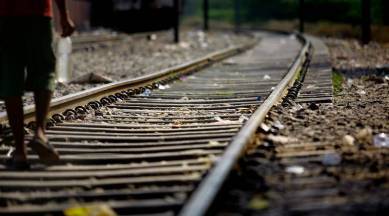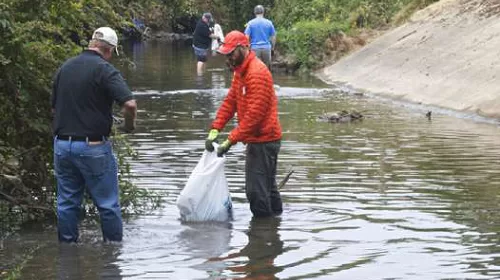The government has made it simpler and cheaper for various entities to set up a range of infrastructure on Railway land on long-term lease. These include cargo-related enterprises, public utilities, renewable energy projects and even schools.
Railway land can now be used to set up solar plants, sewage and water treatment facilities at Re 1 per square meter per annum for 35 years and hospitals through PPP and schools with Kendriya Vidyalaya Sangathan for Re 1 per square meter per annum for up to 60 years.
The Union Cabinet in the first week of September, chaired by Prime Minister Narendra Modi, approved the new land lease policy of Railways, which owns around 4.84 lakh hectares in India of which 0.62 lakh hectares is vacant. This includes land that runs parallel to tracks.
The thrust of the revision of the policy is to help set up cargo terminals across the Railway network. The government wants to encourage a modal shift of cargo movement to railways in order to reduce logistics cost and infuse competitiveness in the economy.
Setting up of cargo terminals and cargo-related activities on Railway land will attract a rate of 1.5 per cent of current market value of land per annum with a 6 per cent annual increment accounting for inflation, for up to 35 years. This would make it simpler for entities like private players, PSUs and others to take Railway land on lease for a longer period of up to 35 years as opposed to the existing policy allowing for five years. The detailed policy is expected to be out soon, sources said.
While the policy will be applicable to future land-lease agreements, officials said that those already carrying out cargo-related activities on Railway land on lease will continue to be governed by the existing policy: annual lease charge of 6 per cent with annual escalation of 7 per cent for the remaining lease period or 35 years.
“In the next five years, over 300 cargo terminals will come up under the PM Gati Shakti programme,” Anurag Thakur, Information & Broadcasting minister, said in his briefing on the Cabinet’s decision. “It will create more than 1.25 lakh jobs.”
Under the new land policy, the government envisages cargo-related activities to be taken up by any player, be it PSU, Railways, private players, existing and future players.
To enable an existing lease holder at a cargo terminal to shift to the new policy regime, the government will give them the option to migrate after the existing lease agreement is over. In that case, the player will have the first right of refusal over the land concerned.
Renewable energy plants, water recycling and treatment plants are to be for exclusive use of Railways while social infrastructure like schools and hospitals may be for Railway beneficiaries and the public at large.
As one of the key concepts of the Gait Shakti programme is to bring all infrastructure and utility projects in sync with each other, the government has also simplified the Right of Way policy with regards to Railway land. Utilities like gas, electricity, Optic Fibre Cable, water supply and sewage disposal, will be permitted through Railway land by paying a Right of Way charge at 1.5 per cent of land value per annum at 6 per cent annual increment for 35 years subject to a minimum of Rs 10,000. Private players in the cargo movement business have been requesting the government to bring down Railway land-leasing rates. Railway PSU CONCOR is the market leader in the container movement business. So the latest move is also expected to bring clarity to its valuation and clear the decks for its disinvestment.





